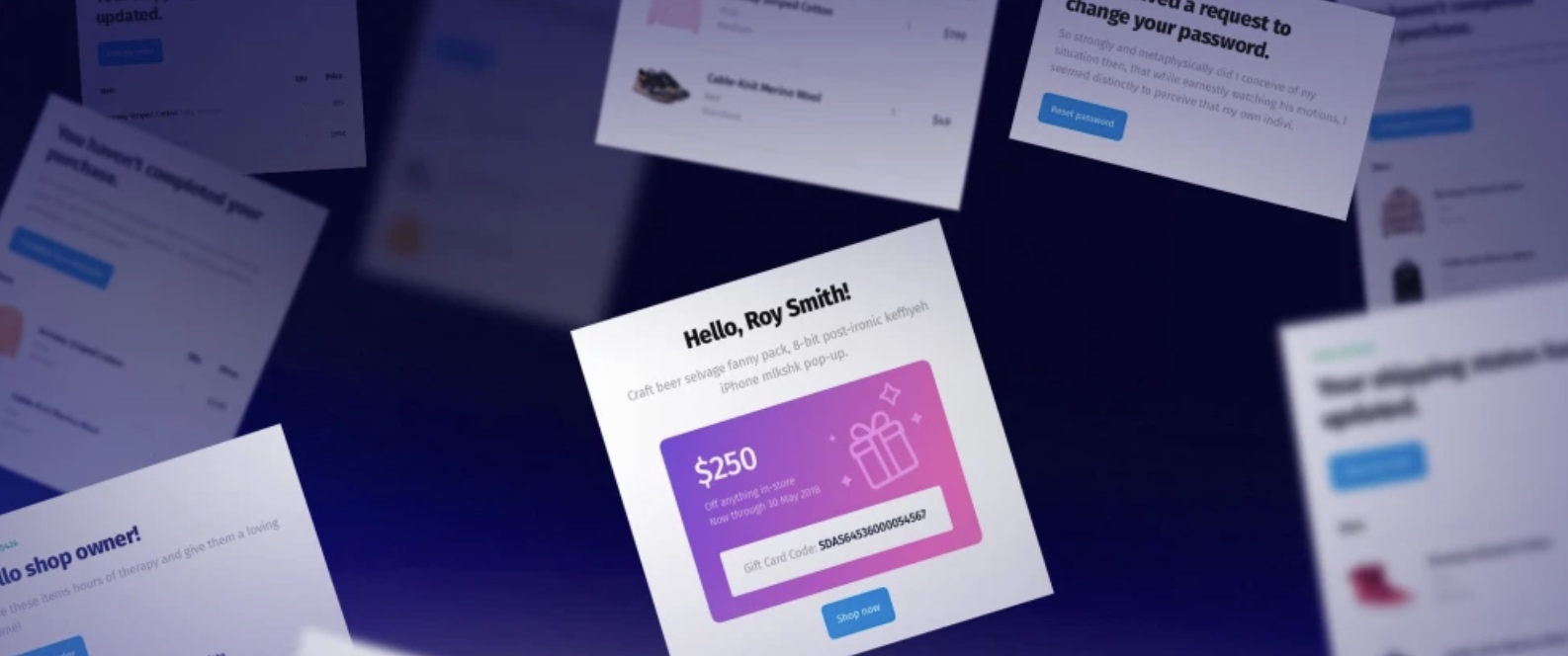
Whenever you email market, there are two types of emails that you need to be sending to your audience. The first is your standard marketing email, which is the email you are sending out to your audience on a daily or weekly basis.
It can contain information about your website, product offers, new blog posts, and information about your company. It’s a marketing tool that helps you grow your audience and promote your products. But there’s a second type of email that most business owners either don’t spend a lot of time on or overlook altogether.
The transactional email, which isn’t as glamorous as a marketing email, still needs to be an essential part of your email messaging. But why is it so important, why aren’t people taking advantage of it, and why do you need to spend time on it?
All these questions will be answered, and you’ll walk away with the knowledge about why a transactional email is a necessity for your business.
An eCommerce transactional email is delivered differently. While marketing emails typically sent by you on a particular date, a transactional email is triggered by an event that happens on your website.
It’s an automated email that is controlled by outside events and sent when specific triggers are met. For example, let’s say your customer signs up for your email list to get a free eBook. When they input their email into your bar, they’ll receive an email with the eBook.
That email is a transactional one. The email address’s entering triggered it, was completely automated, and will continue to trigger until the end of time. As long as people keep fulfilling the requirements, that’s it.
Additionally, you often expect to receive a transactional email. If you put in your email address to get your free eBook, you want to receive an email with your book in it!
These emails are often very personal, focusing on a person’s needs, rather than a long email that focuses on targeting the audience.
They are sent when specific conditions are met, and some of these can include:
- Receipts and confirmations of purchases
- Requests and resets
- Triggers and email chains






